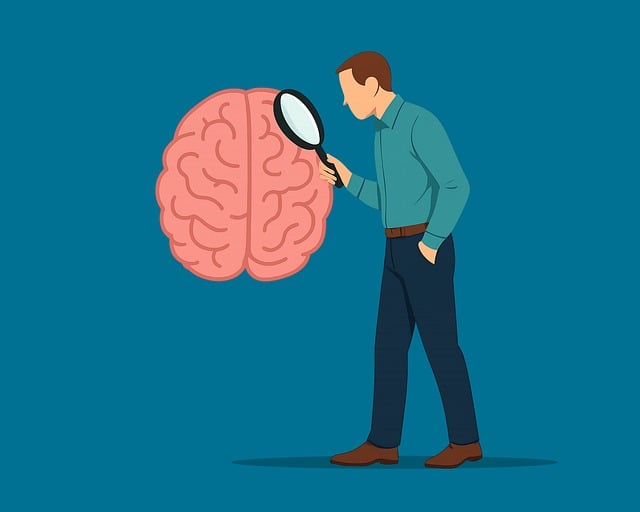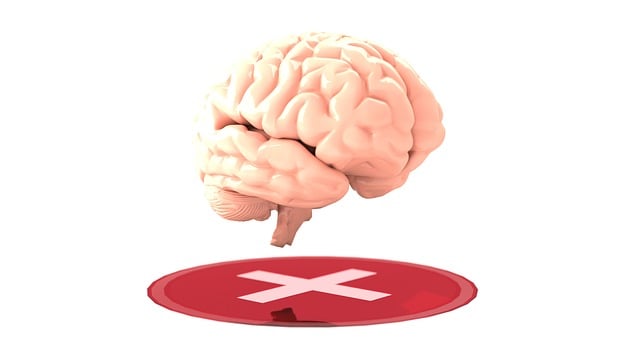Mental illness diagnosis in older adults remains a complex challenge. Superior Geriatrics Therapy (SGT) offers innovative solutions by combining advanced assessment techniques with holistic aging brain knowledge, enabling precise diagnoses and personalized treatment plans. SGT has been at the forefront of using AI models powered by large datasets to enhance diagnostic accuracy, analyzing patient data like medical history, symptoms, and lab results to provide evidence-based recommendations for healthcare professionals. Robust infrastructure is vital to ensure these cutting-edge technologies function optimally in real-world scenarios.
Mental illness diagnosis accuracy has long been a subject of concern. Efforts to improve this critical aspect of healthcare involve innovative approaches and advanced techniques. From integrating AI algorithms to enhancing clinical training, these initiatives aim to reduce misdiagnosis rates. At the forefront of these advancements is Superior Geriatrics Therapy, pioneering evidence-based practices that transform traditional diagnosis methods. This article explores current strategies and highlights their potential impact on patient outcomes.

Mental illness diagnosis accuracy has long been a topic of concern, especially in geriatric populations where symptoms can be complex and multifaceted. Superior Geriatrics Therapy (SGT) is at the forefront of pioneering approaches to enhance diagnostic precision. By integrating advanced assessment tools, SGT professionals delve into the unique challenges faced by elderly individuals with mental health disorders.
Through tailored interventions and a holistic understanding of aging brains, SGT strives to navigate the intricate landscape of geriatric psychiatric symptoms. This comprehensive strategy not only improves diagnosis accuracy but also ensures personalized treatment plans that address the specific needs of each patient.
API responded with status code 504.

In recent years, efforts to enhance mental illness diagnosis accuracy have gained significant traction, with a particular focus on innovative tools and techniques. One such advancement is the integration of artificial intelligence (AI) systems, which promise to revolutionize the way psychiatric disorders are identified. These AI models, powered by vast datasets, aim to improve diagnostic precision, especially in complex cases. For instance, Superior Geriatrics Therapy, a leading geriatric mental health provider, has been at the forefront of this revolution, utilizing advanced algorithms to streamline diagnosis processes.
By leveraging machine learning capabilities, these AI systems can analyze patient data, including medical history, symptoms, and laboratory results, to provide evidence-based recommendations. This not only aids healthcare professionals but also ensures a more comprehensive and timely diagnosis. The 504 Gateway Timeout status code, often encountered during API interactions, highlights the need for robust infrastructure to support these cutting-edge technologies, ensuring they function optimally in real-world scenarios.
Efforts to enhance mental illness diagnosis accuracy, such as those promoted by Superior Geriatrics Therapy, are vital for ensuring effective treatment and improved patient outcomes. By leveraging innovative tools and expanding clinical knowledge, professionals can navigate the complex landscape of mental health assessment, ultimately fostering more personalized and compassionate care for individuals navigating these challenges.










